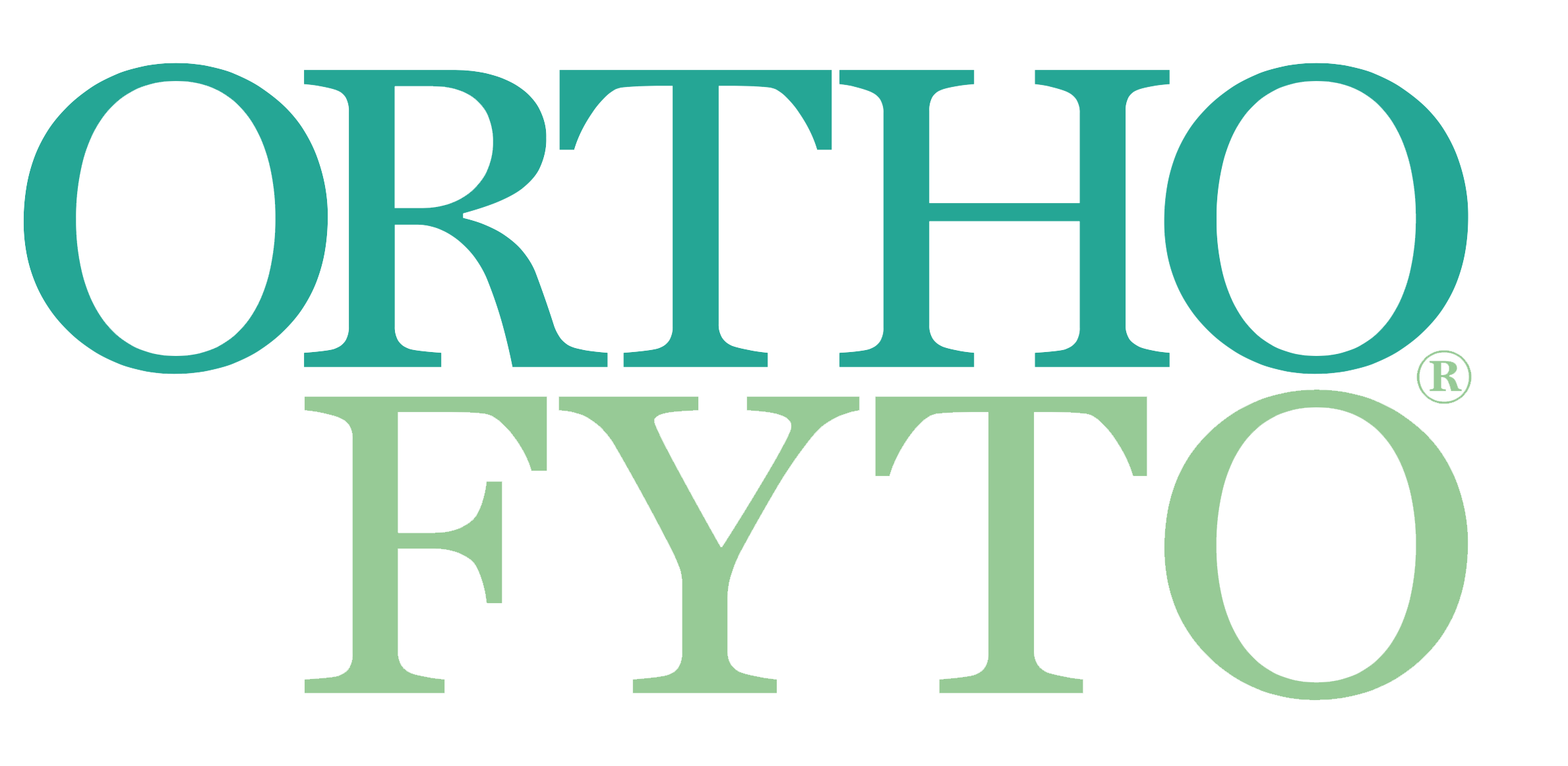Shiitake, veelbelovende immuno-modulator
07 Feb, 2023
Door Geert Verhelst
Gezondheidsprofessionals zien steeds meer gevallen van chronische infecties, postvirale syndromen (zoals long covid) en kanker door factoren als onvolwaardige voeding, gebrek aan lichaamsbeweging, toxische overload, ernstige traumata, overmatige elektromagnetische, geestelijke en fysieke stress. Medicinale paddenstoelen met een immuno-modulerende werking kunnen bij de behandeling van betekenis zijn. Eén daarvan is de shiitake.
De shiitake (Lentinula edodes) ‘Japanse champignon’ of ‘eikenzwam’ is een uit Japan afkomstige saprofyt die in het wild groeit op dode stammen van loofbomen zoals eik en kastanjeboom. Vanuit het mycelium (zwamvlok) stijgt een bruine, taaie en nauwelijks eetbare stengel op. Bovenaan draagt de shiitake een gewelfde tot uitgespreid platte, viltig-vezelige hoed (doorsnede 8 à 20 cm), die na bereiding lekker kruidig smaakt. Onderaan vertoont de hoed witte tot crèmekleurig lamellen.
Al meer dan 1000 jaar wordt de shiitake gekweekt, zoals op met voedingsstoffen verrijkt en onder ideale klimatologische omstandigheden gebracht houtzaagsel, waarop sporen worden geënt. In de Aziatische volksgeneeskunde geniet deze paddenstoel en haar mycelium vooral de reputatie van infecties te bestrijden, de leverfunctie te bevorderen en – door de qi of levensenergie aan te wakkeren – het energiepeil te verhogen en ouderdomsverschijnselen af te remmen.
De inhoudsstoffen die vooral aan de basis liggen van de immuno-modulerende eigenschappen van shiitake zijn bijzondere, vertakte en voor de mens onverteerbare koolhydraten: bèta 1,3/1,6-glucanen die in wisselende proporties glucose, mannose en galactose bevatten (lentinaan). Die worden voor een deel door de M-cellen (M voor mucosa of slijmvlies) van de Peyerse platen van het GALT (Gut Associated Lymphoid Tissue) in de darmen opgenomen. De kleinere componenten die hieruit door splitsing ontstaan, vertonen interacties met verschillende cellen van het immuunsysteem. In celstudies ziet men dat deze componenten binden op de CR3-, Dectin-1- en LaCer-receptoren van diverse witte bloedcellen, waaronder neutrofielen, monocyten, macrofagen, dendritische cellen, naturalkillercellen, T- en B-lymfocyten. Dat resulteert vooral in een toename van het fagocyterend vermogen van de macrofagen, een hogere afscheiding van signaalstoffen of ‘cytokines’ zoals IL-12, IL-6, IL-10 en een betere afscheiding van reactieve zuurstofradicalen die nodig zijn in het bestrijden van infectieverwekkers.1
Lees het gehele artikel vanaf pagina 29 in OrthoFyto 1/23.
Wilt u het gehele artikel als PDF bestand ontvangen? Bestel het dan hier voor € 3,50.
Bronvermelding:
1. Roszczyk A, Turło J, Zagożdżon R, Kaleta B. Immunomodulatory Properties of Polysaccharides from Lentinula edodes. Int J Mol Sci. 2022;23(16):8980. Published 2022 Aug 11.
2. Dai X, Stanilka JM, Rowe CA, Esteves EA, Nieves C Jr, Spaiser SJ, Christman MC, Langkamp-Henken B, Percival SS. Consuming Lentinula edodes (Shiitake) Mushrooms Daily Improves Human Immunity: A Randomized Dietary Intervention in Healthy Young Adults. J Am Coll Nutr. 2015;34(6):478-87.. Epub 2015 Apr 11. PMID: 25866155.
3. Tani M., Tanimura H., Yamaue H., Tsunoda T., Iwahashi M., Noguchi K., Tamai M., Hotta T., Mizobata S. Augmentation of lymphokine-activated killer cell activity by lentinan. Anticancer Res. 1993;13:1773–1776.
4. Wang X.E., Wang Y.H., Zhou Q., Peng M., Zhang J., Chen MMa L.J., Xie G.M. Immunomodulatory Effect of Lentinan on Aberrant T Subsets and Cytokines Profile in Non-small Cell Lung Cancer Patients. Pathol. Oncol. Res. 2018;26:499–505. doi: 10.1007/s12253-018-0545-y.
5. Shin MS, Park HJ, Maeda T, Nishioka H, Fujii H, Kang I. The Effects of AHCC®, a Standardized Extract of Cultured Lentinura edodes Mycelia, on Natural Killer and T Cells in Health and Disease: Reviews on Human and Animal Studies. J Immunol Res. 2019 Dec 20;2019:3758576.
6. Yin Z, Fujii H, Walshe T. Effects of active hexose correlated compound on frequency of CD4+ and CD8+ T cells producing interferon-γ and/or tumor necrosis factor-α in healthy adults. Hum Immunol. 2010 Dec;71(12):1187-90. Epub 2010 Aug 21. PMID: 20732368.
7. Terakawa N, Matsui Y, Satoi S, Yanagimoto H, Takahashi K, Yamamoto T, Yamao J, Takai S, Kwon AH, Kamiyama Y. Immunological effect of active hexose correlated compound (AHCC) in healthy volunteers: a double-blind, placebo-controlled trial. Nutr Cancer. 2008;60(5):643-51.
8. Belanger, J. (Lexington Natural Health Center, MA USA). An In-Office Evaluation of Four Dietary Supplements on Natural Killer Cell Activity. TOWNSEND LETTER for DOCTORS & PATIENTS (2005), p.88-92
9. Smith JA, Mathew L, Gaikwad A, Rech B, Burney MN, Faro JP, Lucci JA , Bai Y, Olsen RJ, Byrd TT. From Bench to Bedside: Evaluation of AHCC Supplementation to Modulate the Host Immunity to Clear High-Risk Human Papillomavirus Infections. Front Oncol. 2019 Mar 20;9:173.
10. Smith JA, Gaikwad AA, Mathew L, Rech B, Faro JP, Lucci JA 3rd, Bai Y, Olsen RJ, Byrd TT. AHCC® Supplementation to Support Immune Function to Clear Persistent Human Papillomavirus Infections. Front Oncol. 2022 Jun 22;12:881902.
11. Salerno J, Sato A. Effects of AHCC supplementation on Lyme Disease patients. The Salerno Center for Complementary Medicin, New York; Amino Up Chemical Co, Ltd., Sapporo, Japan.
12. Chutaputti A. et al. Presented at 18th ICIM. 2008
13. Matsui Y, Uhara J, Satoi S, Kaibori M, Yamada H, Kitade H, Imamura A, Takai S, Kawaguchi Y, Kwon AH, Kamiyama Y. Improved prognosis of postoperative hepatocellular carcinoma patients when treated with functional foods: a prospective cohort study. J Hepatol. 2002 Jul;37(1):78-86.
14. Kawaguchi Y. Improved survival of patients with gastric cancer or colon cancer when treated with active hexose correlated compound (AHCC): effect of AHCC on digestive system cancer. Nat Med J. 2009;1(1):1-6.
